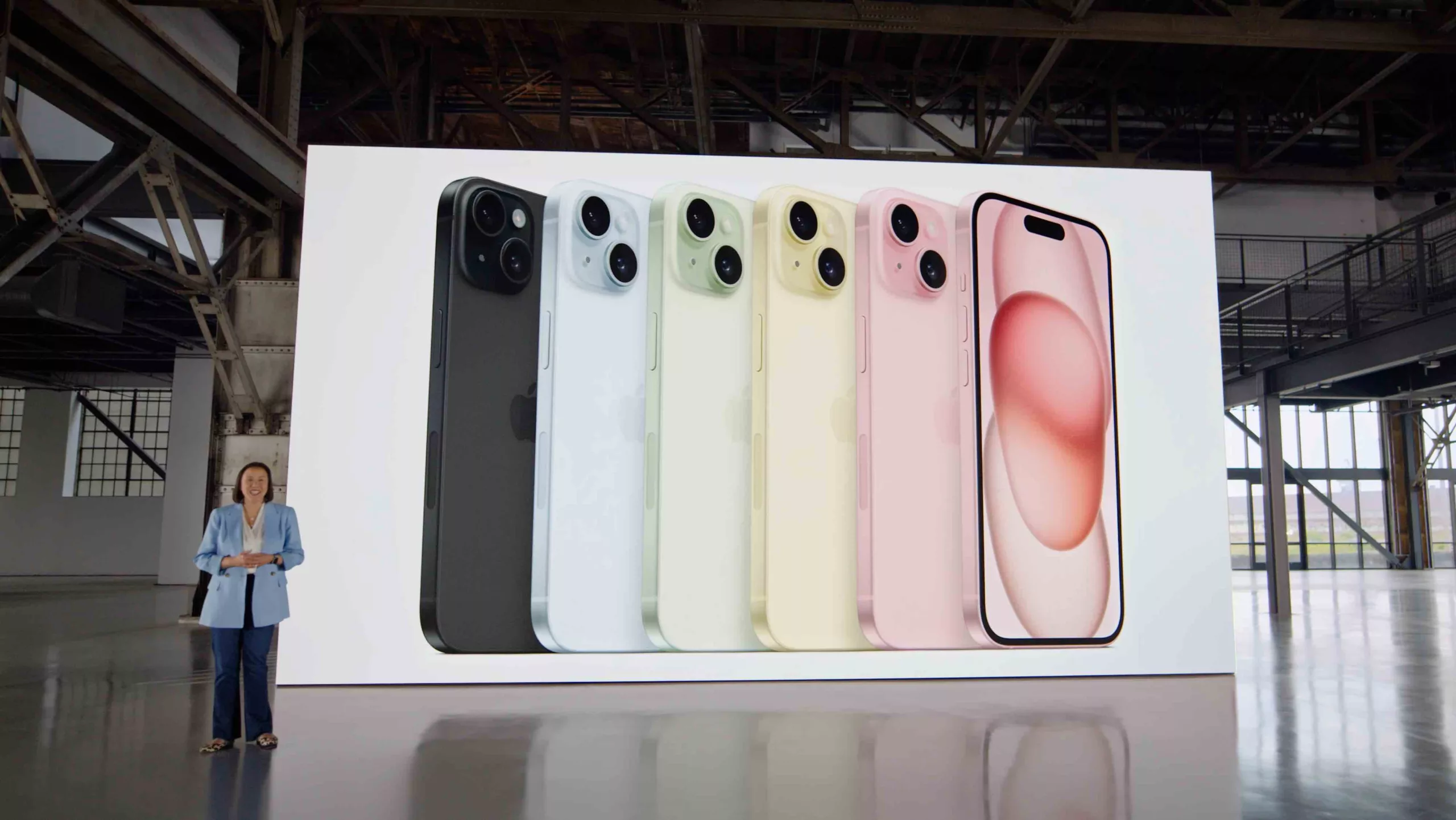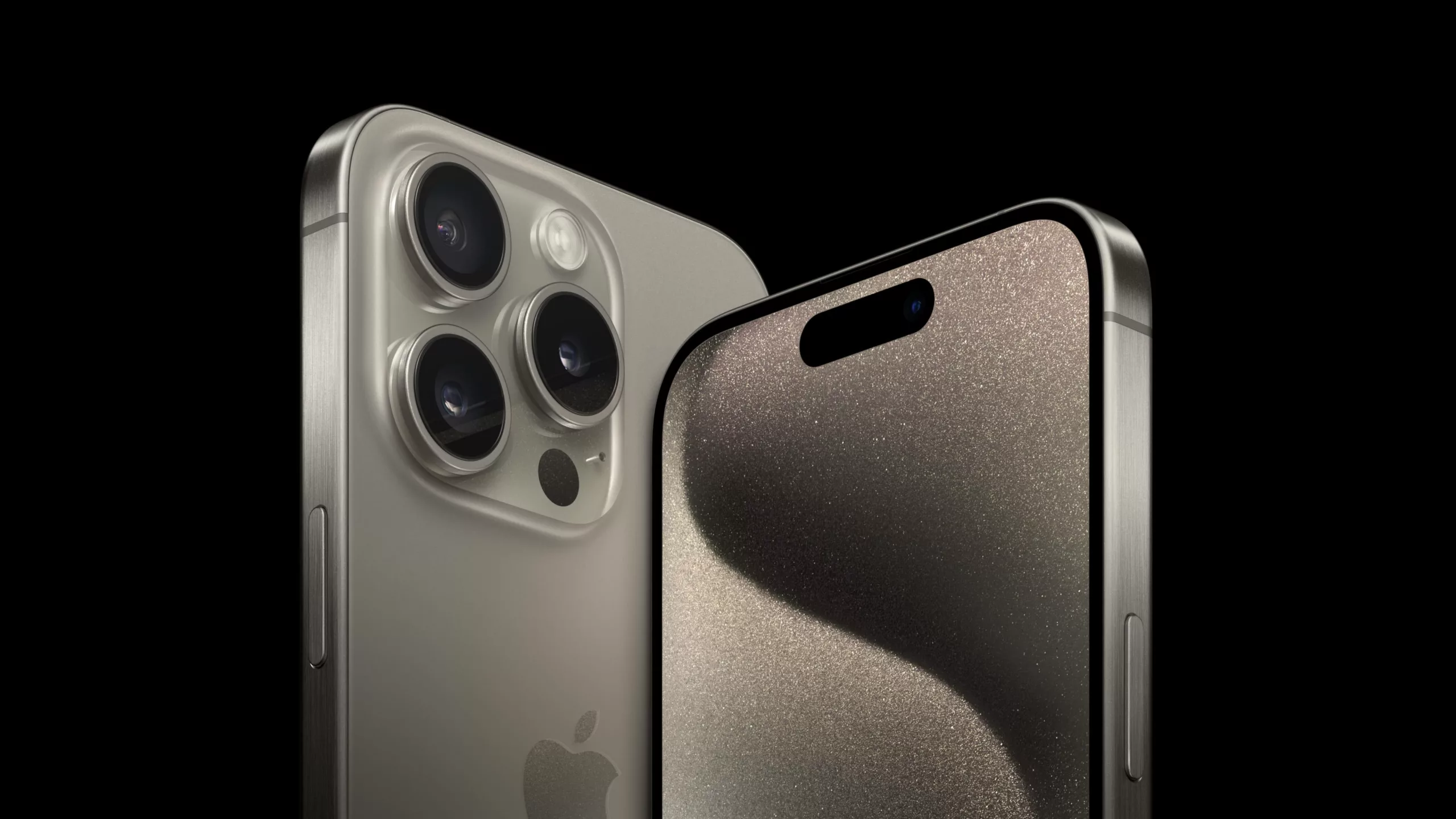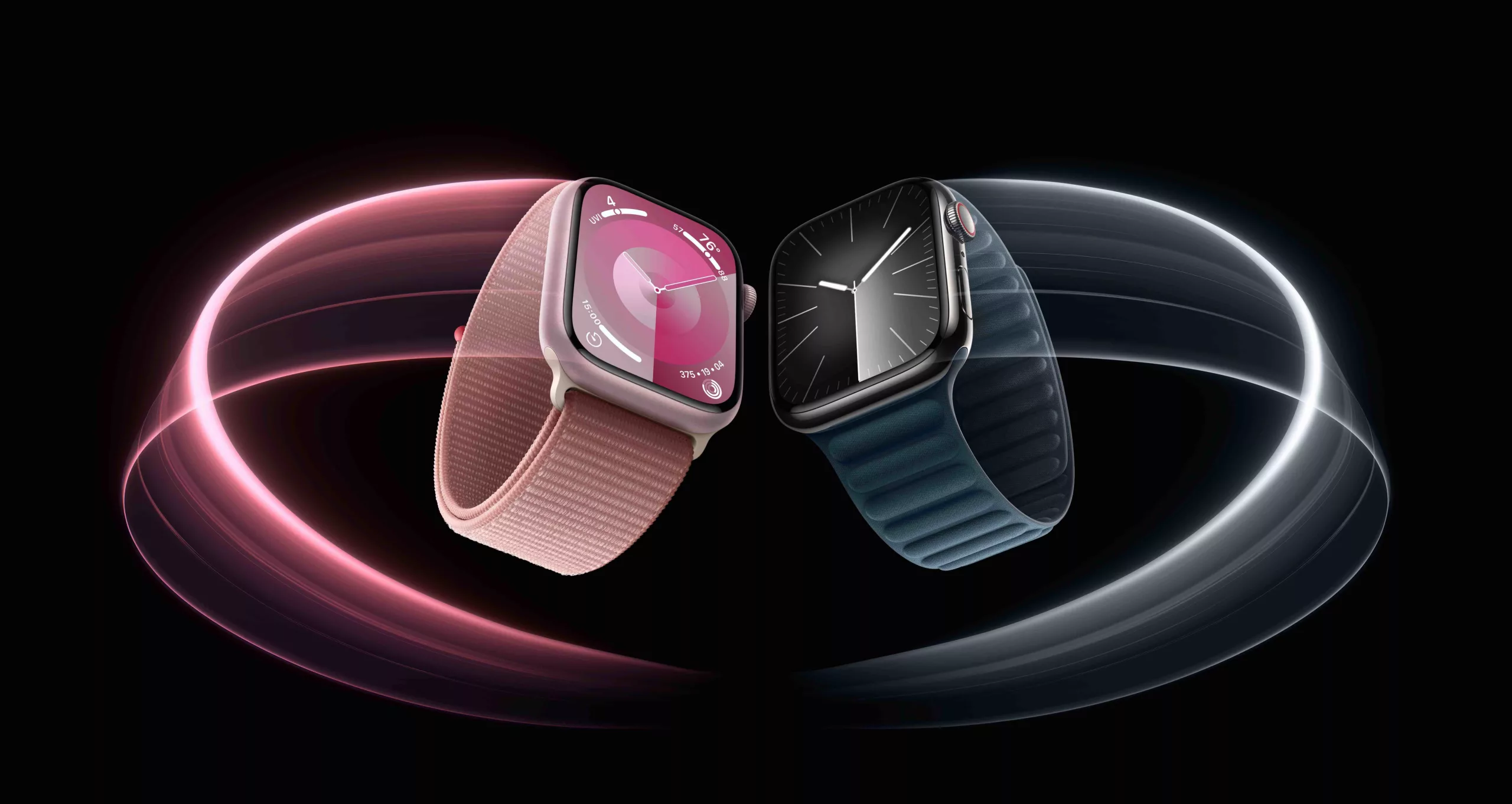In a review of the Framework Laptop 13 by Monica Chin at The Verge published earlier today, several key takeaways emerge.
The device has been lauded for its impressive performance, quality display, and a suite of improvements over the 2022 model. With an Intel 13th Gen Core i7 processor, extended battery life, enhanced audio, and a user-friendly, modular design, the Framework Laptop 13, starting at $1049, seems to be a promising choice for tech enthusiasts. However, the generic look and the relatively high cost for its specs were also highlighted.
On the other hand, the Framework Laptop 13’s appeal extends beyond its specifications and upgrades. It’s intrinsically tied to the Right to Repair movement, a growing wave of consumer advocacy pushing for devices to be repairable by users or third-party repair shops.
The Right to Repair movement fights against a landscape where manufacturers often monopolize device repairs, leading to inflated prices and, in some cases, costs that exceed the price of buying a new device. This not only presents a financial burden to consumers but also contributes to environmental issues through the acceleration of e-waste. Furthermore, the movement argues that promoting user repairs could spark innovation as users experiment with different parts and modifications, potentially leading to groundbreaking repair techniques and job creation in the repair industry.
However, the road to a more repair-friendly tech industry is fraught with challenges. Proprietary parts and software and legal and technical barriers often hinder third-party repairs and stifle user efforts to fix their devices. Despite these obstacles, the Right to Repair movement has seen significant progress, with numerous states and countries passing laws that mandate manufacturers to make device repairs more accessible.
While the 2023 Framework Laptop 13 model has been favorably reviewed and undoubtedly contributes to reducing the environmental impact of consumer electronics, there’s a potential caveat. As the Right to Repair movement progresses in the U.S., and globally, mainstream tech manufacturers like Apple and Samsung could be prompted to make their devices more user-repairable. Should this happen, the unique selling point of Framework’s fully repairable laptops might lose its sheen.
This puts Framework at a crossroads. If consumer electronics become increasingly repair-friendly, the company will face the challenge of convincing consumers to opt for their products over mainstream, potentially cheaper alternatives. As the tech landscape shifts towards more sustainable and consumer-friendly practices, Framework will need to continue evolving to keep pace and lead the charge.
I will leave you with this question. In a world where Apple is selling the base version of the M1-powered variant of the MacBook Air for $999, does buying a less powerful, less attractive competitor from Framework for roughly $50 more make any sense to all but the geekiest environmentalists?








